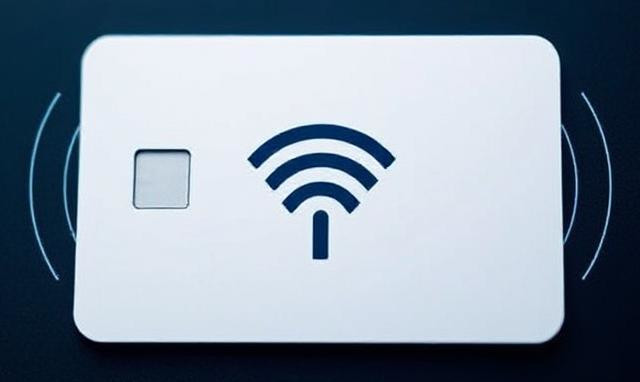An RFID token for chargers is a small electronic device, typically a card or fob, that uses Radio Frequency Identification (RFID) technology to securely identify and authenticate the user when accessing an electric vehicle (EV) charging station.
Role of an RFID token for chargers:
- User Identification: The RFID token allows the charging station to recognize the user or vehicle associated with the token, ensuring only authorized individuals can start or stop charging sessions.
- Access Control: It helps manage who can use the charging station, providing security and preventing unauthorized use.
- Payment and Billing: When linked to a user account, the RFID token can facilitate billing by automatically recording the charging session details, such as duration and energy consumed.
- Convenience: Users simply tap or scan the RFID token on the station's reader to initiate or end charging, making the process quick and contactless.
In summary, an RFID token acts as a secure, contactless key that simplifies access management and billing for EV chargers, especially in shared or public charging environments.
How RFID works:
- The RFID reader sends out radio waves.
- When an RFID tag (like a card or fob) comes into range, it receives these radio signals.
- The tag responds by sending back its unique identification information.
- The reader receives this info and processes it as required.
In short: The RFID system "talks" wirelessly, allowing devices to recognize and identify objects (in this case cards or tokens) quickly and without direct contact.
